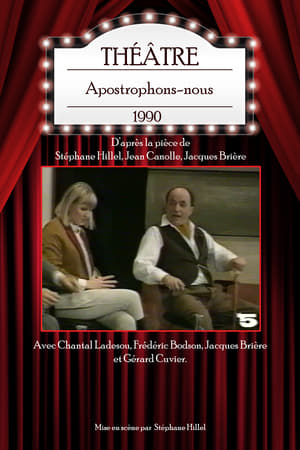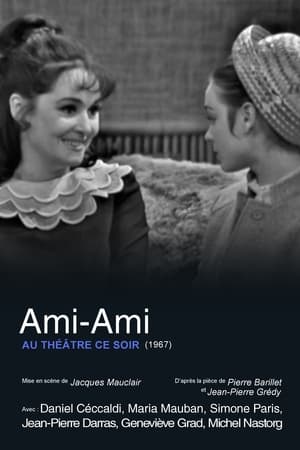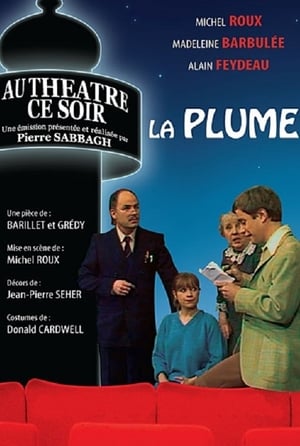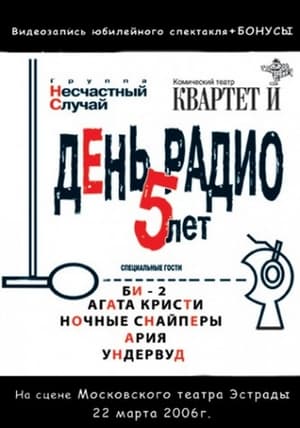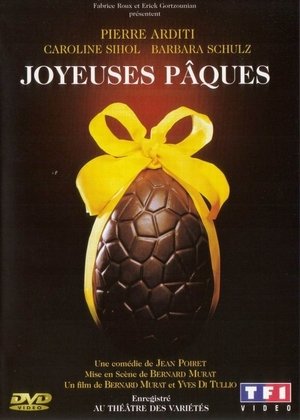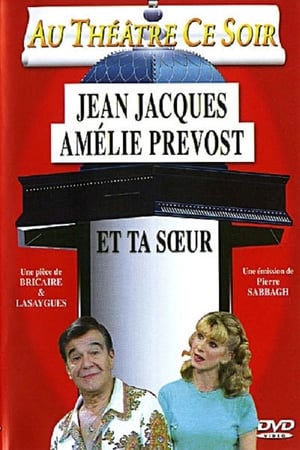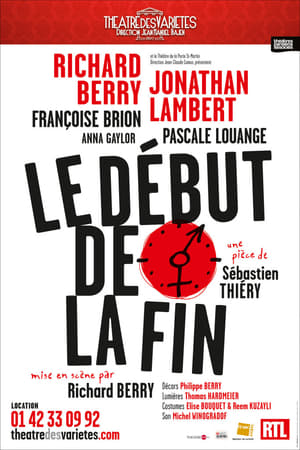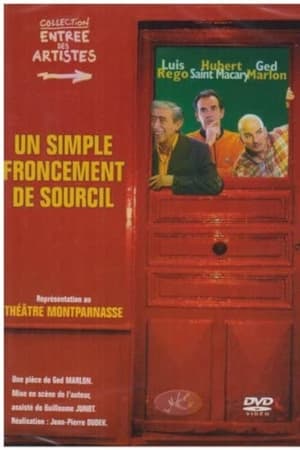
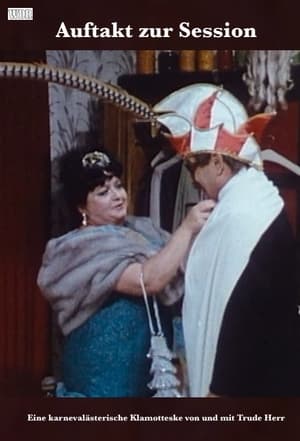
Auftakt zur Session(1982)

Movie: Auftakt zur Session
Top 4 Billed Cast
Hubert Labberitz
Karl-Heinz Rottländer
Susi Schmitz

Auftakt zur Session
HomePage
Overview
Release Date
1982-02-07
Average
0
Rating:
0.0 startsTagline
Genres
Languages:
DeutschKeywords
Similar Movies
 8.8
8.8Christmas at the Cupiello Household(it)
Luca Cupiello, like every Christmas, prepares the crib, amid the disinterest of his wife Concetta and his son Tommasino. Ninuccia, the other daughter, writes a letter to her husband in which she communicates that she leaves him for her lover. The letter happens in the hands of Luca who hands it over to his son-in-law, who thus learns of his wife's betrayal. During lunch on Christmas Eve, the two rivals, who were confronted by Luca's carelessness, clash violently.
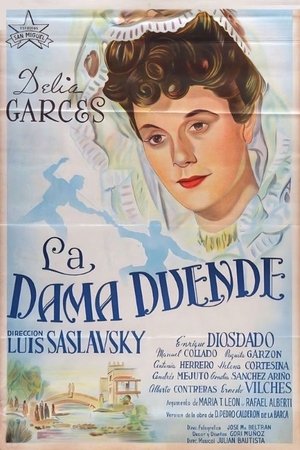 5.0
5.0La dama duende(es)
The young widow of the viceroy of Peru, facing the dismal prospect of either a convent or a marriage of convenience, sets out to conquer a handsome officer, pretending she’s a duende, a ghost.
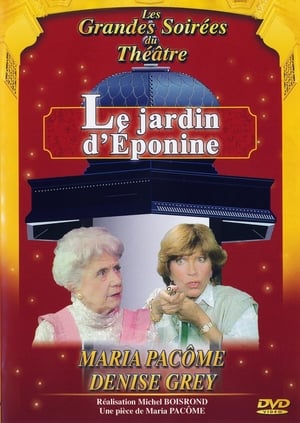 0.0
0.0Le jardin d'Eponine(fr)
She is not very brilliant, Eponine's career ... But what, there is not only the theater in life! Good year bad year, rouspous and vehement, she manages to find a good life, surrounded by her sister, of her mother, her dog and her doves ... And above all, in the middle of her wonderful piece of garden which she cares for with love ... Originally it was a play written by Maria Pacôme, premiered on September 25, 1981 at the Comédie des Champs Elysées (directed by Gérard Vergez). This piece was specially recorded (without audience) for television in March 1984, at the Buttes-Chaumont and broadcast on Antenne 2.
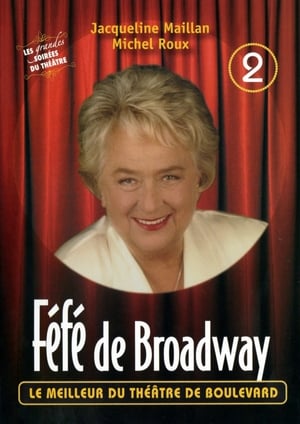 4.5
4.5Féfé de Broadway(fr)
Maria, a great tragedian, has desires for radical change in her career. Singing, dancing, changing registers and getting younger: it has become an obsession. To get there, she calls on her ex-lover Simon whom she left in the past, who has become a popular choreographer for stars on Broadway. The reunion is somewhat tormented ...
 7.0
7.0L'Amour, la Mort, les Fringues(fr)
They stick to our skin and soul, our clothes. We believe we buy them, they own us. Warning ! these rags are traitors: far from dressing us they expose our complexes, our moods ... Clinging to their hangers, to our memories too, they exercise an underhand dictatorship. Snuggled up, huddled together, they build a bulwark against oblivion in our closets. Often stained for eternity with ink or redcurrant, impregnated with perfume, tears sometimes, piled up or messed up on our shelves, they remain forever linked to the happy or unhappy chapters of our life. It is through the evocation of their wardrobe that Gigi, Eve, Marie, Nora, Françoise, Amanda, Lisa and the others evoke the past, missed appointments and those that changed their lives, the joys and childhood revolts, giggles, disappointments, dramas, parties and hopes too…
 3.3
3.3Le fils du comique(fr)
Always egocentric and in search of good words, always an assumed homosexual, but this time in couple with a companion whom he loves to martyr, it is now his desire to have a child that will be the crux of the story. He wants a son and he has promised him to two women: Sylvie, his best friend, and Isabelle, the promising actress in his next play! A real battle of "females" will then oppose the two young women, each of a very assertive nature... Five characters who tear each other apart for our greatest pleasure.



